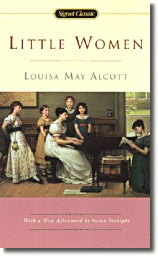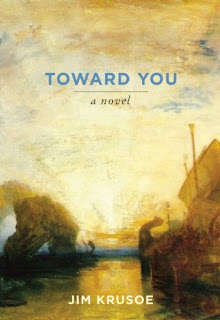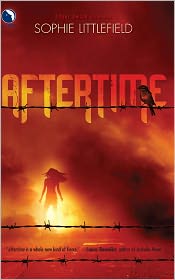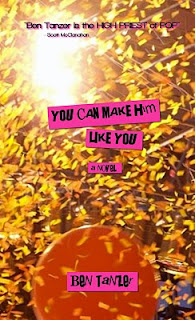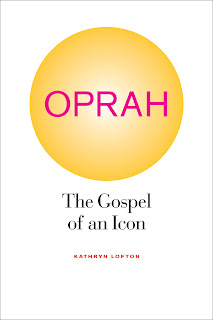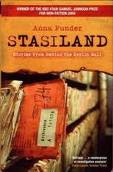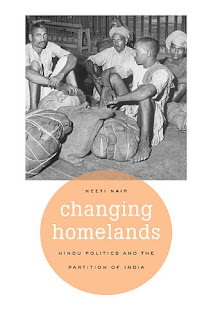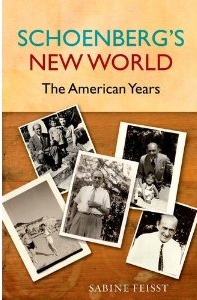 Her entry begins:
Her entry begins:Like many writers, I often read two books at once. This winter, I read Fannie Flagg’s I Still Dream About You while also plugging through Jonathan Franzen’s Freedom. Both books held me fast, and I soon realized they were both telling the same kind of story—although in very different ways.Among the early praise for Sticky Fingers:
I have spent the winter mulling over the best and worst qualities of what we might call an “epic” story—a grand, sprawling tale that attempts to define and illuminate a time and place. The Great American Novel is one, surely, that attempts to showcase America through the eyes of finely drawn characters who exemplify some noteworthy qualities in our national persona. (Definition is mine, so feel free to argue with me!)
The voice of Freedom is sure and clear—not exactly witty, but intelligent, and a distinctly—in my view—male perspective. The female characters all seemed to exist to serve the male characters, but perhaps...[read on]
Learn more about the book and author at Nancy Martin's website and blog."Martin's wacky second Roxy Abruzzo mystery improves on the excellent first entry, 2010's Our Lady of Immaculate Deception (retitled for reprint Foxy Roxy)...."
--Publishers Weekly (starred review)
"Martin is a good choice for those who have read all of Janet Evanovich's Stephanie Plum series and want to try something new."
--Library Journal
"Guaranteed to delight tough girls and tough-girl fans everywhere."
--Kirkus (starred review)
The Page 69 Test: Our Lady of Immaculate Deception.
The Page 69 Test: Sticky Fingers.
Writers Read: Nancy Martin.
--Marshal Zeringue



